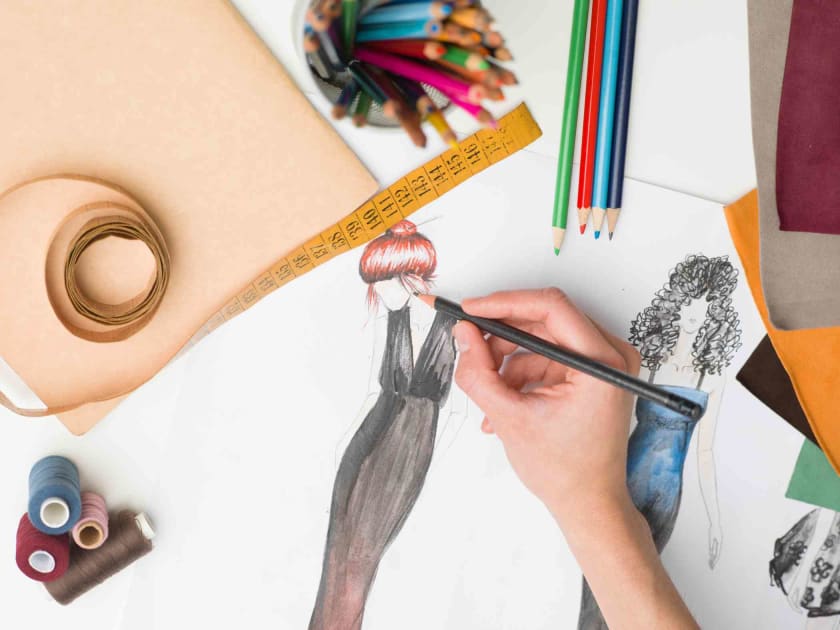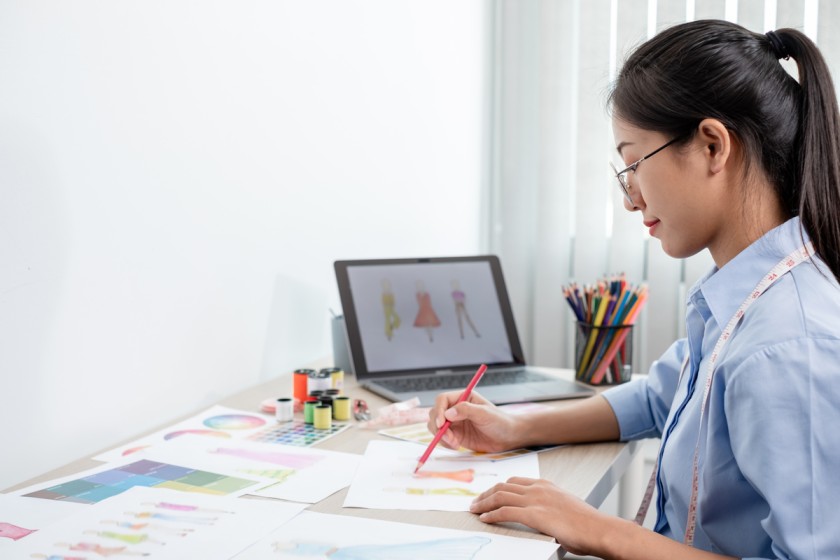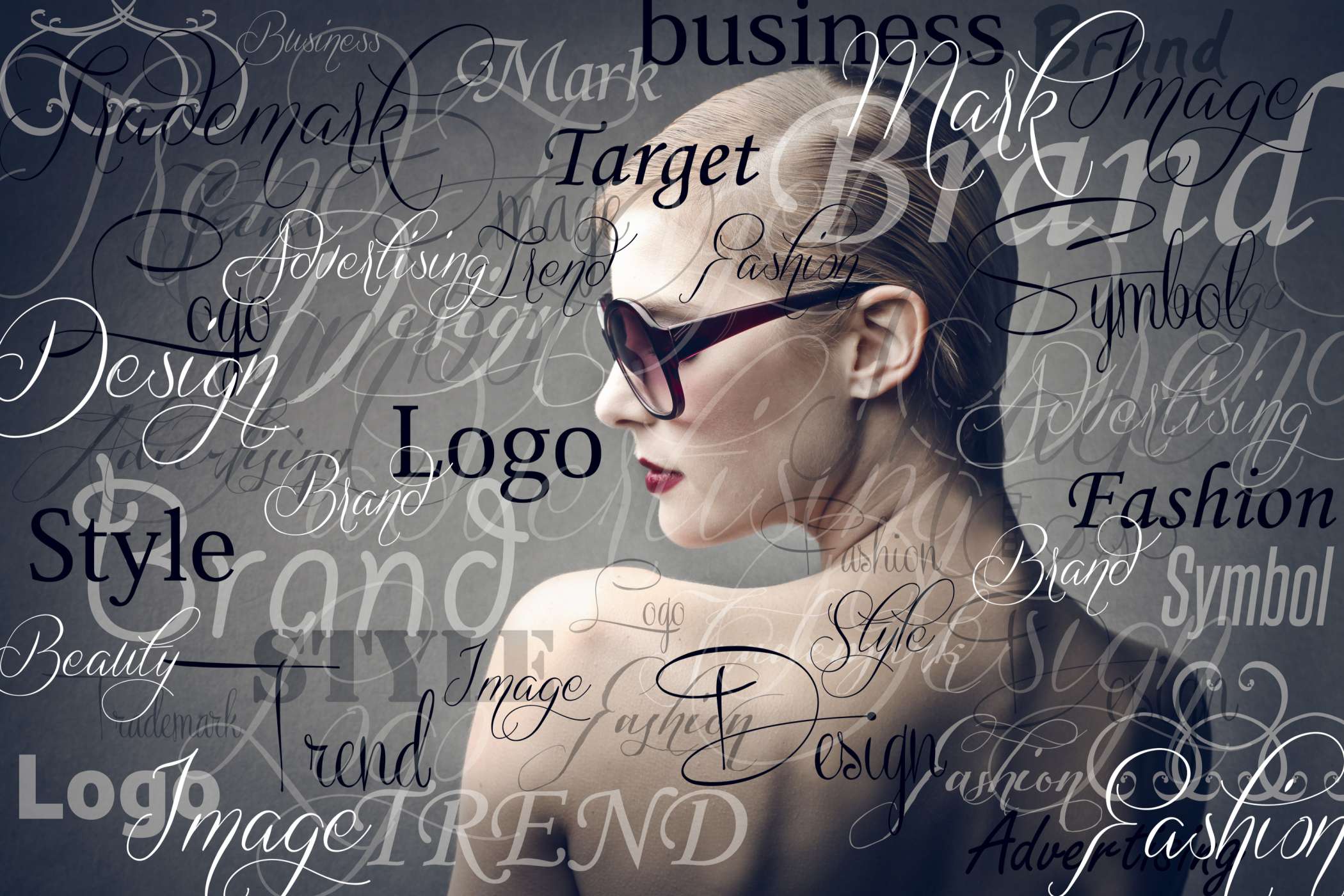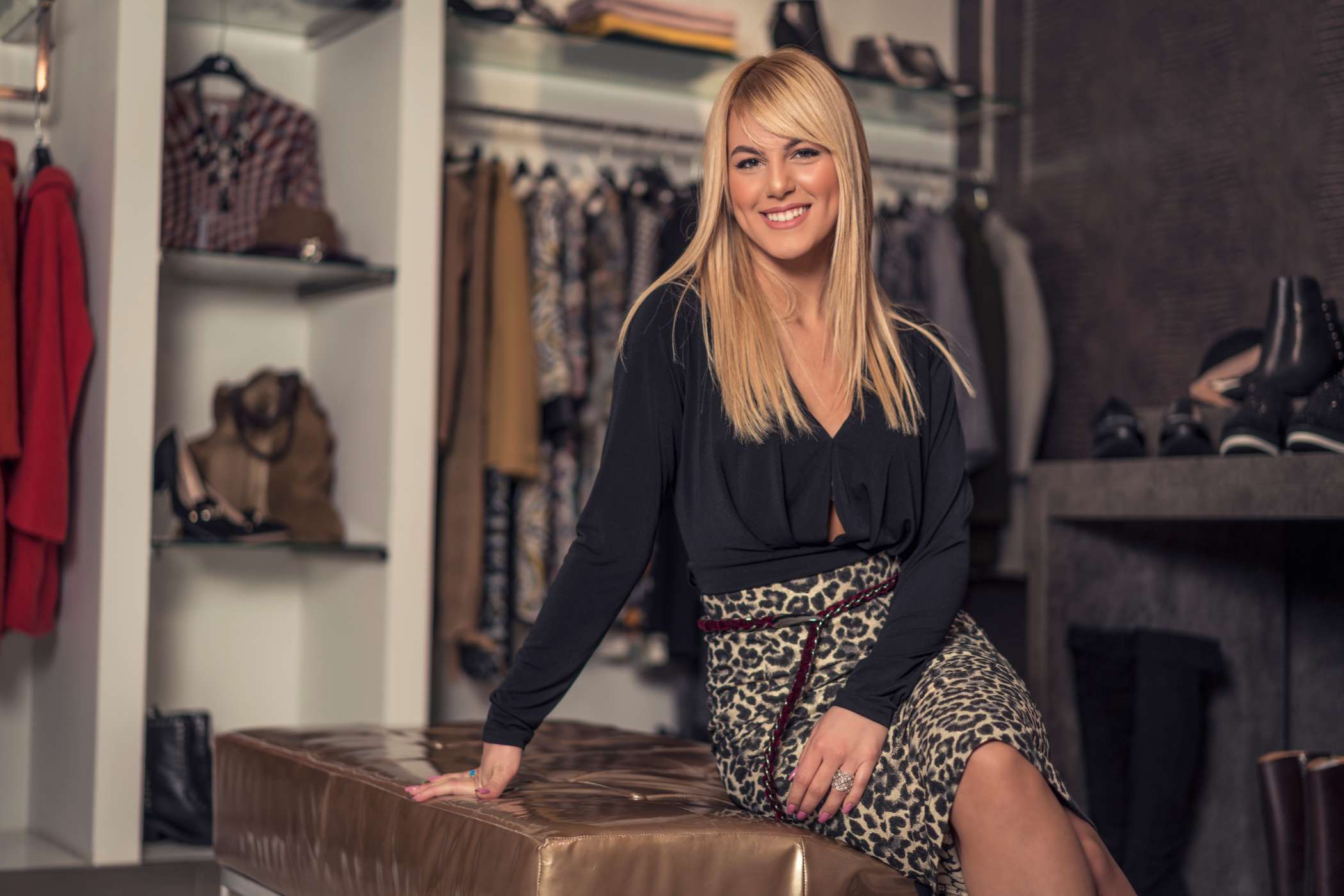Fashion Drawings Mastercourse: Here's How Experts Do It



Fashion designers do not necessarily need a bachelor's degree. The fashion design courses are helpful for people who want to learn practical skills like pattern making, draping, fashion illustration, and how the fashion industry works.
A guide to studying fashion design
It is more important to have a strong portfolio, skills, and passion in the fashion world than where you went to school. However, majoring in fashion design is an excellent way to build connections and master designing tools. This is how to get started.
Get to know the fashion industry
To study fashion designing, the first thing you should do is do your research. Find out about fashion history and how the industry is developing. Learning on your own is a great way to find inspiration and will give you an edge when applying to colleges.
Get to know the basics
Another essential element of preparing for a fashion design education is to learn fashion drawings, sewing, and pattern-making skills. With these basics under the belt at home (or by attending an affordable fashion school in your area), one is able to take the next step toward more advanced techniques. The school expects students to be at least somewhat familiar with color theory, fabric composition, and qualities of different types of fabrics, in addition to fashion drawings and sewing skills.
Make your own designs

Making your own original design and fashion drawings can help determine whether fashion design is right. Using a sketchbook, draw clothing designs within the skill set. Make and fine-tune a few pieces using sewing and design skills. With practice, the portfolio will become better. Don't expect them to be perfect on the very first attempt.
Create your portfolio
It is a good idea to put together a portfolio of the work before applying to fashion school - fashion drawings of the designs or even photos of your own clothing line. For most fashion design undergraduate programs, there is a need to submit a portfolio. You'll need to submit a research proposal with your portfolio when applying to a graduate program, so having a clear vision is essential.
Study fashion design at specialized schools
Several majors and concentrations are available in the world of fashion at fashion schools. Fashion history, digital design skills, and the fashion business can all be covered in a fashion course. Check the faculty listings of fashion design schools to find out who is teaching there. Many employ industry professionals as professors. Check the accreditation of schools that offer fashion design courses, notable alumni, and internship opportunities to determine if they are the right one. Online fashion design courses are a great option for anyone who cannot attend a fashion school in person.
Experience hands-on learning
Fashion schools often offer internships at fashion houses (or require them). Gaining valuable design skills and developing connections can be accomplished this way. Make the most of these opportunities and become a fashion designer in no time.
Improve your skills

If you don't have the practical skills to bring your vision and creativity to life, they are worthless. There's always room for improvement when it comes to handling a needle, a sketchbook, or a dressmaker's dummy. Improve your practical design skills by continually honing, refining, and developing them.
Concentrate Your Efforts
When learning fashion designing at home to pursue a career, it is essential to focus on efforts accordingly. The vision/aesthetic needs to match the fashion design area that most appeals. Spreading yourself and your talents too thin won't help you get ahead. Identify the fashion area you want to concentrate on most and stick with it.
Identify Your Unique Selling Point
You'll also need to figure out what makes your fashion brand unique. How does your brand distinguish itself from others? What makes your designs stand out? How will you differentiate yourself from your competitors? Identify your USP and highlight it.
Establish Your Brand
It doesn't matter if you aren't a professional fashion designer yet. This means developing your own fashion brand. Make a website, join social media, and let people know what you're doing. Of course, a solid portfolio online speaks volumes about your ability. As a professional fashion designer, it is easier to get taken seriously if you have a strong online presence.
Constant Networking
People who know you are more likely to get you that big break than those who know you well. You are much more likely to hit the big time if you know the right people in the right places. You need to network like crazy on a constant basis, which is why you need to make every effort. Make connections with influential people, attend events, and cultivate strong professional relationships.
Do Not Be Afraid to Start Small

For fashion designers just starting out, visibility, wearability, and recognition are the most important things. Fame and fortune, on the other hand, may come later on. As a result, it is crucial to start out as small and humble as required to achieve success. Give clothes away to established fashion businesses if it is likely to generate positive exposure, work hard and be prepared to get nothing in return. Be realistic in your expectations.
Refuse to Give Up
Last but not least, cracking the fashion industry and becoming a global success overnight is an extremely rare occurrence. Most likely, it won't happen. Being a successful fashion designer requires patience, perseverance, and the ability to overcome various obstacles along the way. Although the journey won't be easy, the rewards at the end will more than makeup for the difficulties.
You must be able to multitask if you want to be a great fashion designer. This will require you to wear a lot of hats. You'll be in charge of tasks that are usually delegated. It's important that you master every task. And now that you are aware of how to master the art of becoming a successful fashion designer, you can start your own clothing line at Fashinza.



















